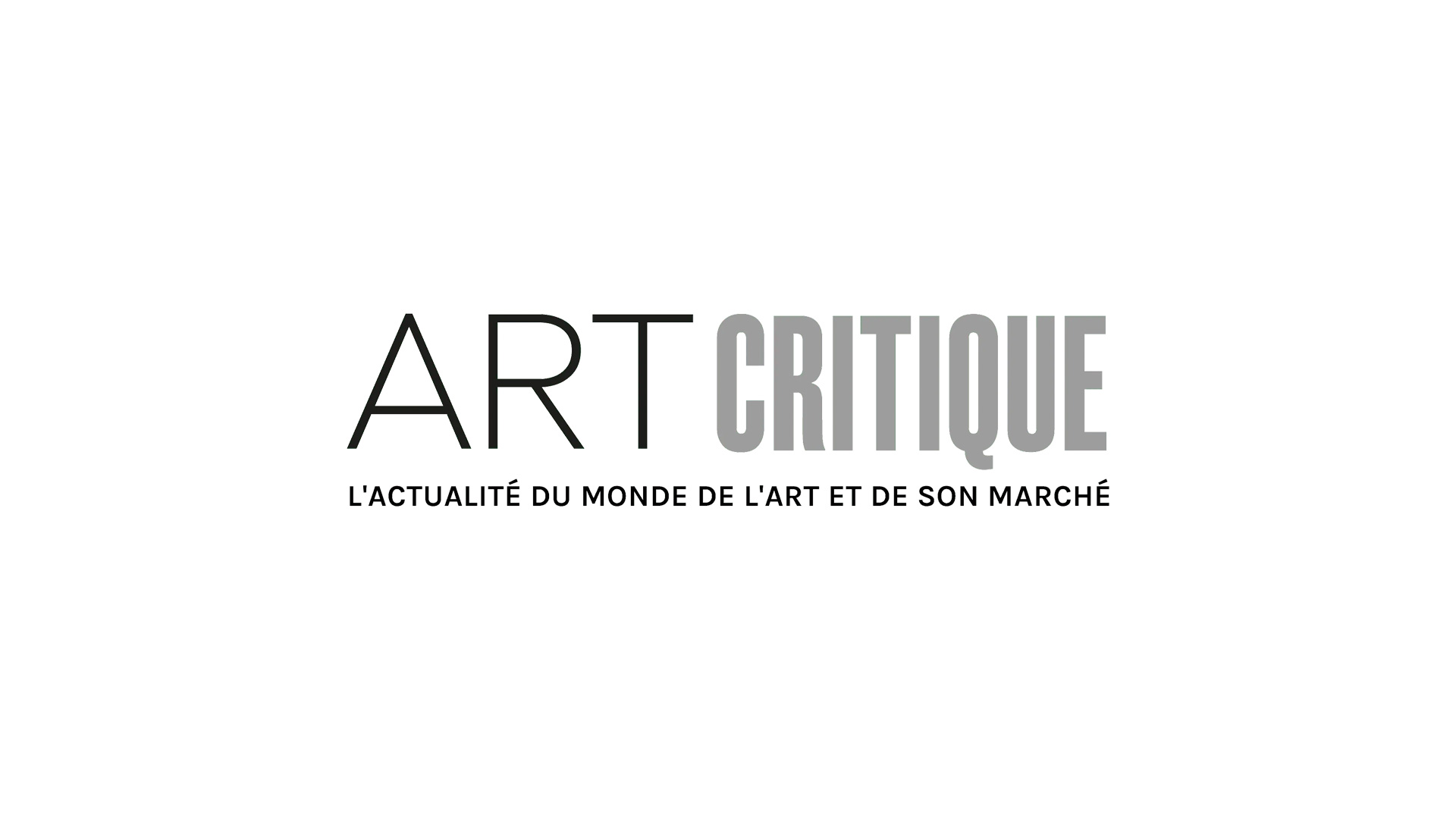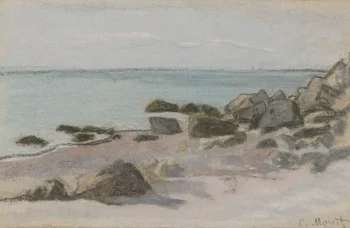A sting operation spanning more than 100 countries was carried out by INTERPOL, Europol, and the World Customs Organization (WCO) last year and resulted in the arrest of more than 100 suspects involved in illicit trafficking of artefacts. In a May 6th press release, INTERPOL announced the impact of the operation, called Athena II, which recovered 19,000 archaeological artefacts and artworks.
During the autumn of 2019, the operation took place, but due to “operational reasons” it was only revealed now. In addition to 101 arrests, Athena II sparked 300 new investigations into artworks and artefacts stolen from museums, archaeological sites, and war-torn countries. With the cooperation of 103 countries, the global sting was able to recover ceramics, historical weapons, thousands of coins from various periods, paintings, and fossils alongside the seizure of objects used to facilitate the thefts, including over 100 metal detectors.
“The number of arrests and objects show the scale and global reach of the illicit trade in cultural artefacts, where every country with a rich heritage is a potential target,” said INTERPOL secretary general Jürgen Stock. “If you then take the significant amounts of money involved and the secrecy of the transactions, this also presents opportunities for money laundering and fraud as well as financing organized crime networks.”
Through black-market online sales, law enforcement was able to obtain 8,670 cultural objects, amounting to 28 percent of the artefacts recovered during Athena II. Thus, online sales “are one of the major vehicles” for the illicit trade business according to Dr Kunio Mikuriya, secretary general for the WCO. “However,” continued Dr Mikuriya, “online transactions always leave a trace and Customs, Police and other partners have established effective mechanisms to work together to prevent cross border illicit trade.”
The press release highlighted that just before leaving a Kabul airport for Istanbul, 971 objects were seized during the Athena II operation. Also, a singular online sale, interrupted by the Policia Federal Argentina (the Federal Police Force in Argentina), recovered 2,500 ancient coins while the Latvian State Police (Latvijas Valsts Policija) obtained 1,375 coins.
In a joint effort by the Policia Nacional (Spanish National Police) and the Policía Nacional de Colombia (Colombian Police), rare pre-Columbian artefacts, including Tumaco gold mask and a number of gold objects and jewelry were intercepted at a Madrid airport. This facet of Athena II also resulted in the arrest of three traffickers in Spain alongside house searches in Bogota that uncovered more than 240 pre-Columbian artefacts – the largest single seizure of objects in Colombia’s history.
The extent of Athena II highlights ongoing issues within the world of antiquities, artefacts, and art. Illicit trading is a problem that every country is affected by and, thanks to historical issues of regulation, continues to thrive in global black markets.
“Organized crime has many faces,” said Catherine de Bolle, executive director of Europol. “The trafficking of cultural goods is one of them: it is not a glamorous business run by flamboyant gentlemen forgers, but by international criminal networks.” Athena II should be a reminder that this type of illicit business is still incredibly active. INTERPOL hopes to set a precedent moving forward for countries and governments in reclaiming stolen items and tackling illicit trade operations.





